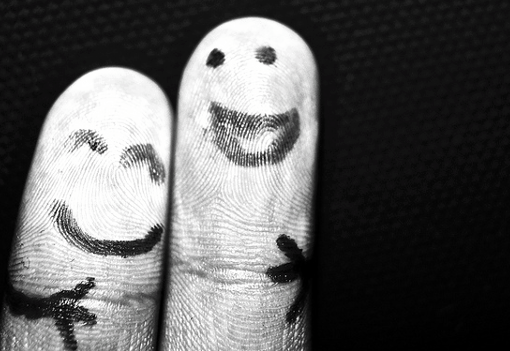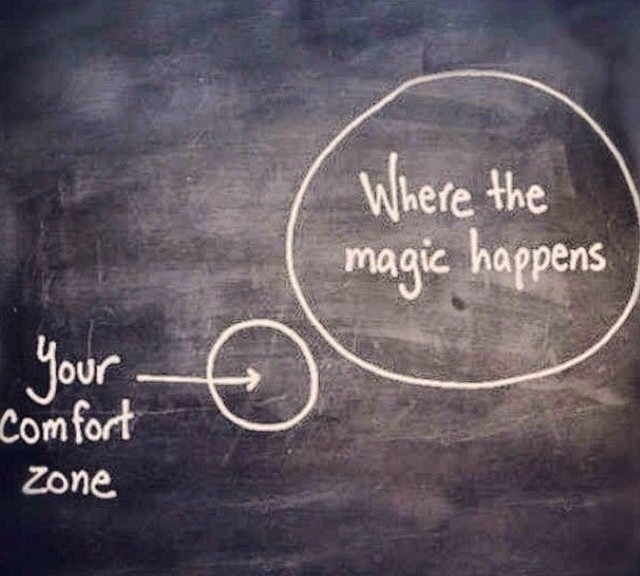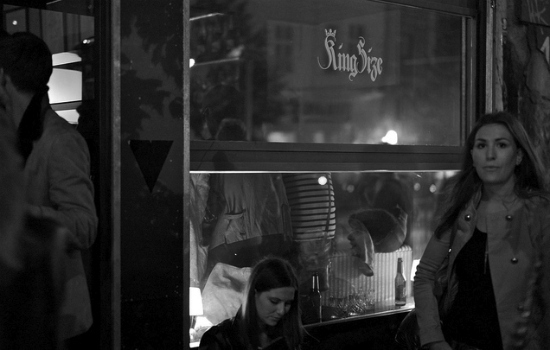So I’ve just got back from spending some time in Berlin! A lovely city, where I met some amazing people.
One night in a bar called King Size in Berlin, I came across a very successful and well travelled businessman and we got talking.
It started with the usual small talk “Have you been here before? What are you doing in Berlin?” etc and we realised we have similar consultancy background in finance and we’re both economists at heart.
This immediately led to familiarity and we talked more openly about how the corporate culture was flawed with inefficiencies that limit the success of true entrepreneurs.
As our opinions and perspectives gelled more and more we opened up more and more talking about cars, watches and other materialistic items that naturally drive us as humans. He told me he had owned every car I could think of, Aston Martin, Ferrari, Porsche and he had even met Patek Philippe to have a custom made watch to his requirements.
No, he was not trying to hit on me as I’m sure some of you are thinking.
But then he said “Prabhmeet, out of all the things I have owned in my life, and my experiences of living and working all over the world, my happiest time was the two weeks I spent with a tribe in Australia. Living and eating just as they did”.
I was amazed.
Here I was standing in a bar, with music playing and people dancing and drinking and I’ve somehow managed to stand next to this one guy who is searching for the same answers that I am. And I have my own experiences and my own opinion.
The conversation then turned to what do you want out of life? What is the meaning of life?
Now you can imagine I’m pretty interested. This 53 year old guy, a business consultant running a very successful international consultancy is telling me the best things in life are free!
I wasn’t convinced. “But I want a Ferrari! I’m pretty sure I will be smiling when I’m driving around in a Ferrari” I say to him. Almost expecting a reaction.
He laughed and said “Yes, you sure will! But for how long?”.
After going through every single car possible hoping the next one will bring him more happiness he concluded that materialistic items will only bring short term happiness.
I’d read about this stuff in books. But never met someone who had actually lived it.
As a true entrepreneur short term happiness wasn’t enough and he wanted more! How do we get long term happiness?
By chance he had met this tribe and spent time with them. And on the first day they welcomed him with a ‘Hello!’ It was only 24 hours later they then communicated further with him.
This was deliberate. In those 24 hours you are allowed to realise and take in everything around you first, he told me. People, the houses, the sky, the sand, the wind.
24 hours is a long time for silence in a desert. You then start looking inwards. Who are you? Why are you standing here in the middle of this desert? What are you feeling right now? Are you happy, sad, hungry, confused? You start thinking about all the important people in your life. What actions or achievements have given you the greatest happiness in your life? A real and lengthy introspection.
“My happiest time was when I was able to ‘hear’ the sun”, he said to me.
I was awfully confused. How much had this man had to drink! I must have said it over in my head about five times, while he just stood there smiling, knowing I was trying to decipher what he had said.
In everyday life we take all these things for granted. A hello is often followed with a full conversation. I personally sometimes even walk down the road surfing the internet or reading messages on my mobile phone, let alone taking in the wind or the sky. We all do it.
We can seek happiness in our lives where we live with an attitude of gratitude. But how many of us really do this? How simple…be grateful for everything. Where’s the catch? But we want more! We fear losing what we have today so we don’t enjoy it today!
When you have done these two levels of thinking of the external and the internal you reach a new state. A state of ‘now what’? We went on to discuss.
So why are you here?
When you look back at your life, there may be three things you want remembered
1. What would people say about your character
2. What difference have you made to OTHER peoples lives
3. What have you achieved?
Are you living your life currently that will make you proud of all of these areas?
If not, what can you start doing now so you can look back and tick off three of these boxes (or any others) happily.
We both concluded that the greatest happiness comes from living a life where you can serve others.
But why does this bring us so much joy? It’s almost like it charges your batteries and makes you feel energised when you do something good for others. It’s not a heaven or hell thing. It’s not to boast and tell others but it just feels good here and now. The rewards are instant. You feel energised and happy.
How does that happiness compare to buying say a new car or clothes? That feels good too right? But is the happiness different? Could there be different levels of happiness?
What do you think?
But how do we actually dedicate our lives to helping others. Not all of us are multi millionaires. We need to work to buy houses, cars and send our children to school.
The serving others concept doesn’t mean that we have to overnight drop everything and all turn in to Mother Teresa.
It means that in everything we do, every person that we meet, every opportunity we have to serve, we embrace it. Happiness can then be found in every day life.
A lot of people ask me “But how do we actually do this”? Make a commitment. Commit yourself for one week to do one good selfless act EVERY day. Just start with a week. And after a week let me know how it makes you feel.
Keep your batteries charged and notice the impact it has on your character and others around you. All three boxes are ticked.
Share on Facebook





